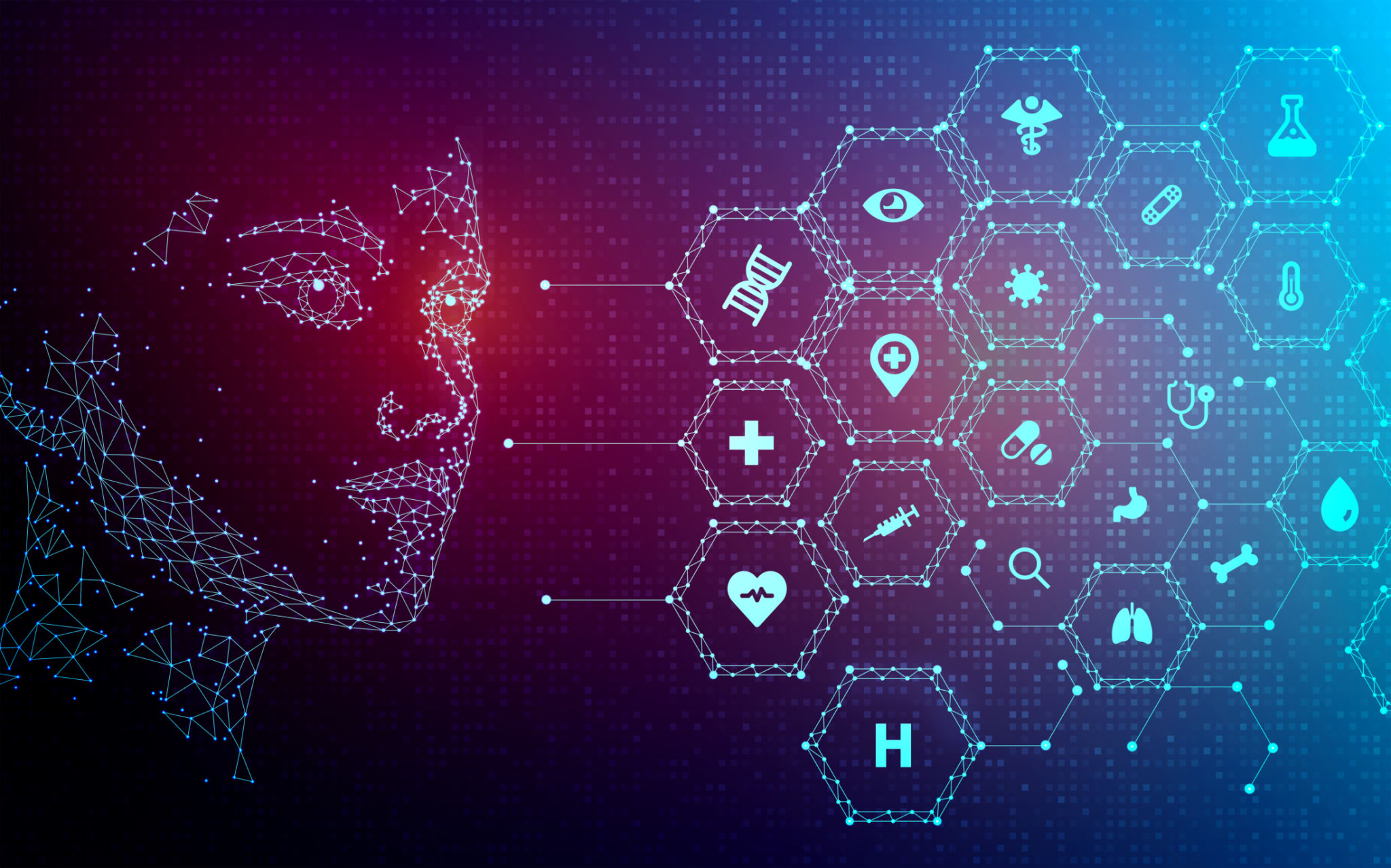Debunking Myths: The Real Impact of AI in Healthcare
The Rise of AI in Healthcare
Artificial Intelligence (AI) has been making waves across various industries, and healthcare is no exception. With its potential to revolutionize patient care, diagnostics, and treatment plans, AI is often seen as a game-changer in the medical field. However, there are numerous myths surrounding its implementation and impact. In this blog post, we will debunk some of these myths and shed light on the real influence of AI in healthcare.

Myth 1: AI Will Replace Healthcare Professionals
One of the most common misconceptions is that AI will eventually replace doctors and nurses. While AI can significantly enhance healthcare delivery, it is not meant to replace human expertise. Instead, AI serves as a tool to assist healthcare professionals in making more accurate and timely decisions. For instance, AI can analyze medical images much faster than a human, allowing doctors to focus on developing effective treatment plans for patients.
Myth 2: AI Compromises Patient Privacy
Another prevalent myth is that implementing AI in healthcare could endanger patient privacy. The truth is, many AI systems are designed with robust security measures to protect sensitive information. Healthcare providers employ strict data encryption protocols and comply with regulatory standards like HIPAA to ensure patient data remains confidential. AI can actually enhance privacy by minimizing human errors that often lead to data breaches.

Improving Diagnostic Accuracy
AI has shown remarkable promise in improving diagnostic accuracy in areas such as radiology and pathology. By leveraging machine learning algorithms, AI can analyze vast amounts of data to detect patterns that may not be immediately visible to the human eye. This capability can lead to earlier detection of diseases, which is crucial for successful treatment outcomes.
Enhancing Patient Care
Beyond diagnostics, AI plays a pivotal role in enhancing patient care. Through personalized medicine, AI algorithms can tailor treatments based on an individual’s genetic makeup, lifestyle, and environmental factors. This level of customization leads to more effective treatment plans and improved patient satisfaction.

AI and Healthcare Costs
A common concern is that AI will drive up healthcare costs. However, the opposite can be true. By improving efficiency and reducing errors, AI can lower operational costs in the long run. Automated administrative tasks reduce the burden on healthcare staff, allowing them to focus on patient care rather than paperwork. Additionally, early diagnosis and personalized treatments can prevent costly complications later on.
The Ethical Considerations
While AI offers numerous benefits, it also raises ethical considerations that must be addressed. Issues such as algorithmic bias and decision-making transparency are critical in ensuring that AI systems operate fairly in healthcare settings. Ongoing research and development aim to create unbiased algorithms and transparent processes to maintain trust in AI applications.

The Future of AI in Healthcare
The future of AI in healthcare looks promising, with continuous advancements poised to further integrate AI into everyday medical practices. Innovations such as predictive analytics and virtual health assistants are just the beginning of how AI can transform healthcare delivery. As technology evolves, collaboration between technologists and healthcare professionals will be essential to unlock the full potential of AI.
In conclusion, while myths about AI in healthcare exist, understanding its true impact helps us embrace its benefits while addressing its challenges. Through responsible implementation and vigilant oversight, AI can revolutionize healthcare, leading to improved patient outcomes and more efficient systems.